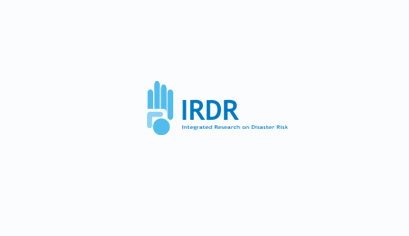This video, a pivotal component of Dr. Syed Azmat Ali Shah's research titled "Seismic Performance Evaluation of Indigenous Brick Masonry Infill Panel Walls in Reinforced Concrete Structures," provides a glimpse into the dynamic effects of masonry infilled panel walls on overall structural response.
As part of his comprehensive research, I conducted tests on seven full-scale, single-story, and single-bay RC frames infilled with brick masonry, featuring diverse door and window openings. The experiments were conducted under quasi-static loading conditions, supplemented by a half-scaled 3D RC frame on a shake table (6 x 6 m2). The research delved into various parameters such as energy dissipation, ductility factor, response modification, and performance levels.
This specific video captures a segment of the shake table test, highlighting the transformative impact of masonry infill panels on the structure's natural time period. Witness cracks forming and portions of infill walls dislodging, inducing a shift in natural frequency. Patterns observed are contingent on the unique properties and geometry of the infilled panels.
Notably, the video underscores the heightened vulnerability of infilled panels with door and window openings to lateral loadings. Additionally, the non-uniform distribution of infill walls introduces torsion into the structure, contributing to diverse patterns in structural response.
This research sheds light on the intricate dynamics between masonry infill panels and overall structural behavior, enriching our understanding of seismic performance in reinforced concrete structures.
Contact and Bio of Syed Azmat Ali Shah
Syed Azmat Ali Shah
Lecturer
Centre for Disaster Preparedness and Management, University of Peshawar - Pakistan
Email: engrazmatalishah@uop.edu.pk
Google Scholar link: https://scholar.google.com/citations?hl=en&user=9Ab8RWwAAAAJ
Dr. Syed Azmat Ali Shah earned a B.Sc. in Civil Engineering, followed by an M.Sc. in Structural Engineering and a Ph.D. in Structural Engineering, all from the University of Engineering and Technology, Peshawar, Pakistan. Driven by a commitment to continuous learning, he furthered his education with a one-year diploma in GIS and Remote Sensing from the University of Peshawar.
Currently, Dr. Syed Azmat Ali Shah is engaged in pursuing a diploma in climate change, a testament to his dedication to expanding his expertise into this critical field. This educational pursuit aligns seamlessly with his professional journey, where he serves as a Consultant Engineer for the Provincial Disaster Management Authority (PDMA) in Khyber Pakhtunkhwa. In this role, he actively contributes to the GLOF-II project, leveraging his skills to assess physical vulnerability in diverse valleys across Pakistan.
In addition to his consulting responsibilities, Dr. Syed Azmat Ali Shah serves as a valued faculty member at the Centre for Disaster Preparedness and Management at the University of Peshawar. His dual role as a consultant and educator reflects his commitment to bridging the gap between theoretical knowledge and practical application in disaster management and structural engineering.



